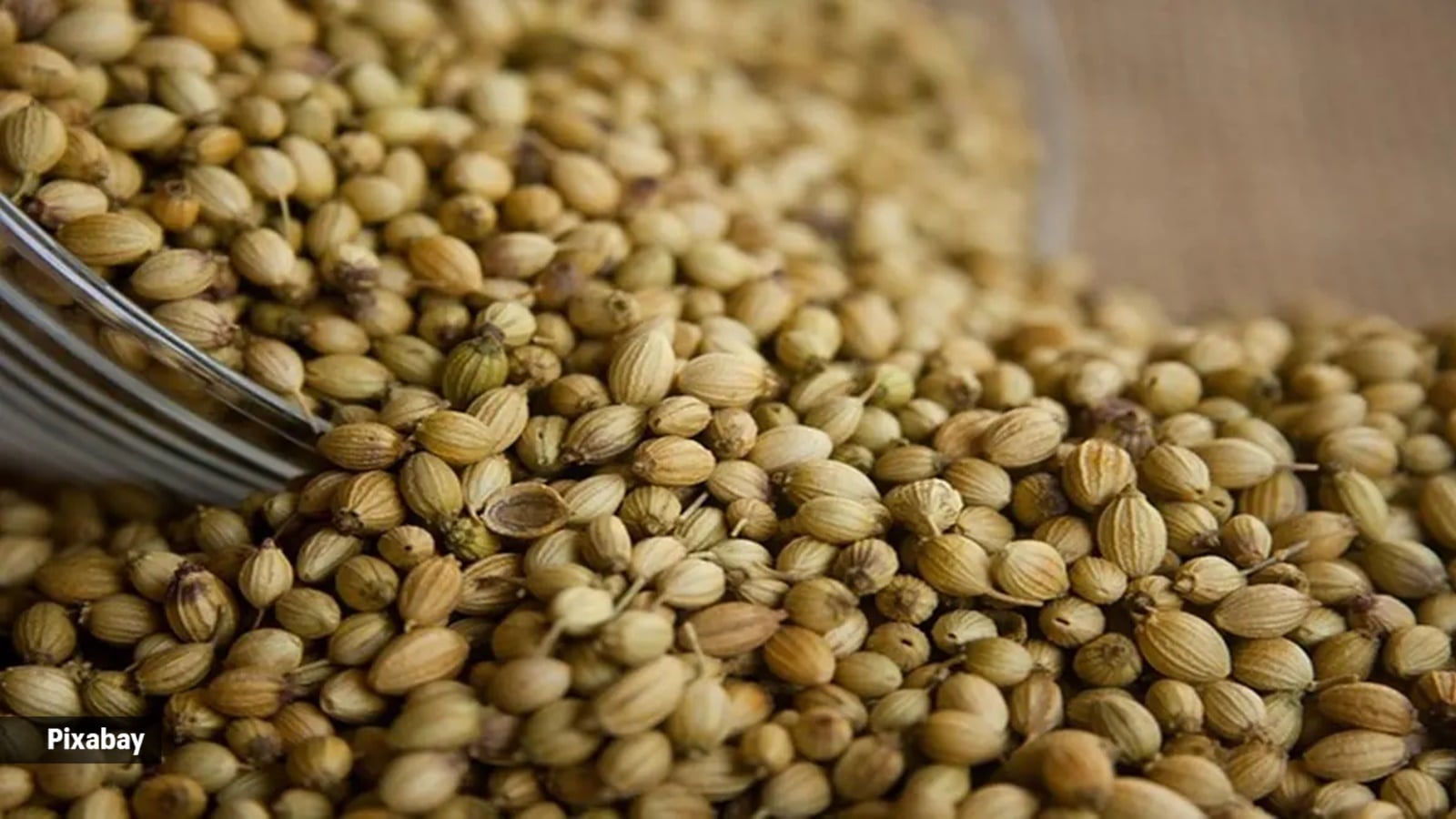Bloating is uncomfortable and bothersome, especially if it is a frequent occurrence. Most of the time, bloating is caused by food options, digestive health, or eating habits. So, we reached out to Dt Gulnaaz Shaikh, chief dietitian at KIMS Hospitals, Thane, to share three tips that can help determine the cause of bloating and how to feel better.
The first step is understanding your body’s reaction to certain foods. “For many people, proteins like dairy, gluten, or eggs are common triggers. A simple approach is to remove the suspected food from your diet for two weeks and then slowly reintroduce it. If the bloating returns, you’ve likely found a culprit. This method works because it helps identify personal triggers instead of following a one-size-fits-all approach,” said Shaikh.
Stressing that one can manage bloating naturally without heavily depending on medication, Shaikh said that in addition to food elimination, digestive enzymes may also support the gut and digest food more effectively, decreasing discomfort. She further shared a simple remedy: boil five grams of jeera (cumin seeds), five grams of ajwain (carom seeds), and five grams of saunf (fennel seeds) in two litres of water, then strain it and sip the anti-bloat tea throughout the day. “This can help soothe digestion and ease that sluggish feeling. Increasing fibre intake is also helpful because fibre aids in moving food through the digestive system and decreases the likelihood of having slow-moving food and bloating,” said Shaikh.
She also mentioned that it is necessary for the food to have more fibre.
 Coriander can provide some relief (Photo: Pixabay)
Coriander can provide some relief (Photo: Pixabay)
What to note?
Shaikh explained that the tips described here are not shortcuts but rather a chance to understand your body better. “It is important to note how your body responds to changes in what you eat and to adjust things slowly,” said Shaikh.
Is this for everyone?
Story continues below this ad
Shaikh said that generally, these approaches are safe for most individuals. Still, anyone with chronic digestive problems or other medical conditions should consult a qualified professional before making significant changes.
DISCLAIMER: This article is based on information from the public domain and/or the experts we spoke to. Always consult your health practitioner before starting any routine.




